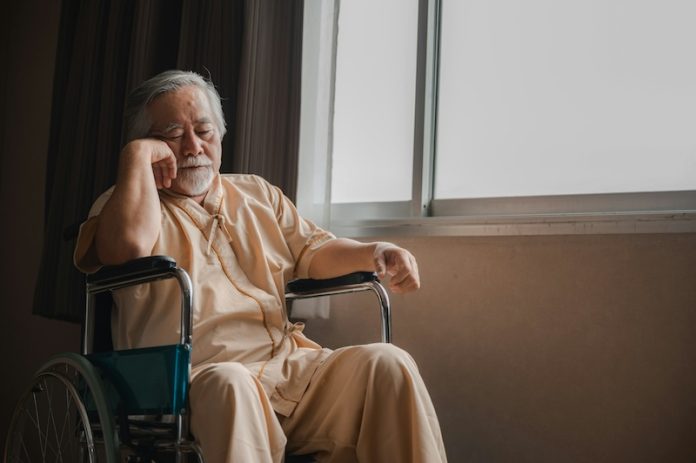
A Transient Ischemic Attack (TIA), often called a “mini stroke,” is a brief episode of symptoms similar to a stroke. While a TIA does not cause permanent brain damage, it serves as a critical warning that a more serious stroke could happen soon.
Understanding the signs and seeking immediate medical help can prevent long-term consequences and reduce the risk of a full stroke.
A TIA occurs when blood flow to part of the brain is temporarily blocked. Unlike a stroke, where blood flow is cut off for a longer period and causes lasting brain damage, the effects of a TIA resolve quickly.
Most symptoms last only a few minutes, though they can persist for up to 24 hours before disappearing completely.
Despite their short duration, these episodes should never be ignored because they signal that the brain isn’t receiving enough blood, putting someone at high risk for a stroke, especially in the first 48 hours after a TIA.
One of the most common signs of a TIA is sudden weakness or numbness in the face, arm, or leg, often on just one side of the body.
A person may notice their face drooping on one side, making it difficult to smile evenly. They may also experience weakness in an arm or leg, making it hard to lift, move, or grip objects.
Another major symptom is difficulty speaking or understanding speech. The person may slur their words, speak in a way that is hard to understand, or have trouble finding the right words.
In some cases, they might appear alert but struggle to repeat a simple sentence or follow a basic conversation. These speech problems occur because the areas of the brain responsible for language are affected by reduced blood flow.
Sudden vision changes are another warning sign of a TIA. This could include blurry vision, double vision, or sudden blindness in one or both eyes. Vision problems happen when the parts of the brain that control visual processing temporarily lose their blood supply.
A TIA can also cause dizziness or a loss of balance. People might feel unsteady on their feet, experience sudden vertigo (a spinning sensation), or fall without warning. These symptoms occur when the parts of the brain that control balance and coordination are impacted.
In some cases, a TIA can trigger a sudden severe headache, which may feel like the worst headache of one’s life.
While this is less common, it can indicate that something is disrupting blood flow in the brain. It’s important to take this symptom seriously, especially if it appears without an obvious cause.
The key to preventing a more serious stroke is recognizing these signs early. As soon as symptoms appear, even if they go away quickly, it’s critical to seek medical help immediately.
Doctors can evaluate the cause of the TIA and start treatments to lower the risk of future episodes. This might include medications to thin the blood, control blood pressure, or manage cholesterol.
Lifestyle changes such as quitting smoking, exercising regularly, eating a healthy diet, and managing diabetes are also essential for reducing stroke risk.
Research has shown that quick intervention after a TIA can significantly reduce the chances of a major stroke.
According to guidelines from the American Heart Association, understanding the symptoms of a TIA—sudden weakness, speech problems, vision changes, dizziness, or severe headaches—can save lives.
In short, a TIA is like a fire alarm: it’s a warning that something isn’t right and needs immediate attention. By recognizing the signs, acting quickly, and adopting healthier habits, individuals can protect themselves from more serious health complications.
Regular check-ups and managing risk factors are key to keeping the brain healthy and reducing the risk of future strokes.
If you care about stroke, please read studies that diets high in flavonoids could help reduce stroke risk, and MIND diet could slow down cognitive decline after stroke.
For more health information, please see recent studies about antioxidants that could help reduce the risk of dementia, and tea and coffee may help lower your risk of stroke, dementia.
Copyright © 2024 Knowridge Science Report. All rights reserved.



